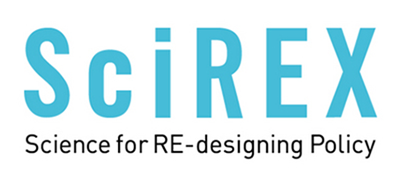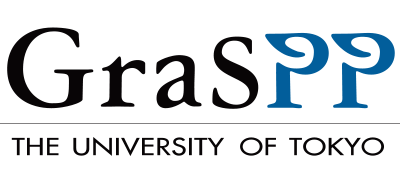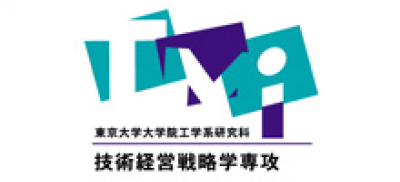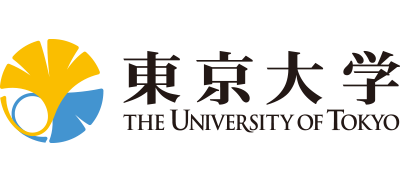Koji Kimita
To effectively address social issues and achieve sustainable development, it is essential for our society to innovate in the domains of science and technology. Innovation requires various stakeholders, such as companies and customers, to change their mindsets and behaviors. For example, Product-Service Systems (PSS), which create value by integrating a physical product and a service, have been heralded as an innovation that provides both environmental and economic benefits. In PSS, customers pay for utilization of the product instead of the product itself, such as paying for mobility instead of cars and cleaning services instead of washing powder. The role of manufacturers has shifted toward providing services aimed at creating the highest possible value in the use of their products with the lowest possible lifecycle costs by prolonging the product’s longevity, minimizing loss of resources, and so on. Although this helps improve resource efficiency and generates a new revenue stream, it also requires manufacturers to promote a change in their culture and organization, and customers to make a lifestyle change from owning to using.
Policy plays an essential role in promoting these changes. Therefore, science, technology, and innovation policies should be designed through a collaborative process with companies and customers, instead of a unidirectional one determined by the government. It therefore follows that companies and customers need to have the requisite knowledge and skills to effectively participate in policymaking. The STIG education program explains theories and methodologies for creating policies, and is designed not only for policymakers but also for other stakeholders involved in science, technology, and innovation. Therefore, this program attracts students and faculty members from various fields, such as the Graduate School of Public Policy and the engineering graduate schools, enabling students to obtain interdisciplinary knowledge as well as skills for communicating with people from different backgrounds. Furthermore, the program also includes events that encourage students to network with its alumni as well as people from other universities. We look forward to having you join us!



